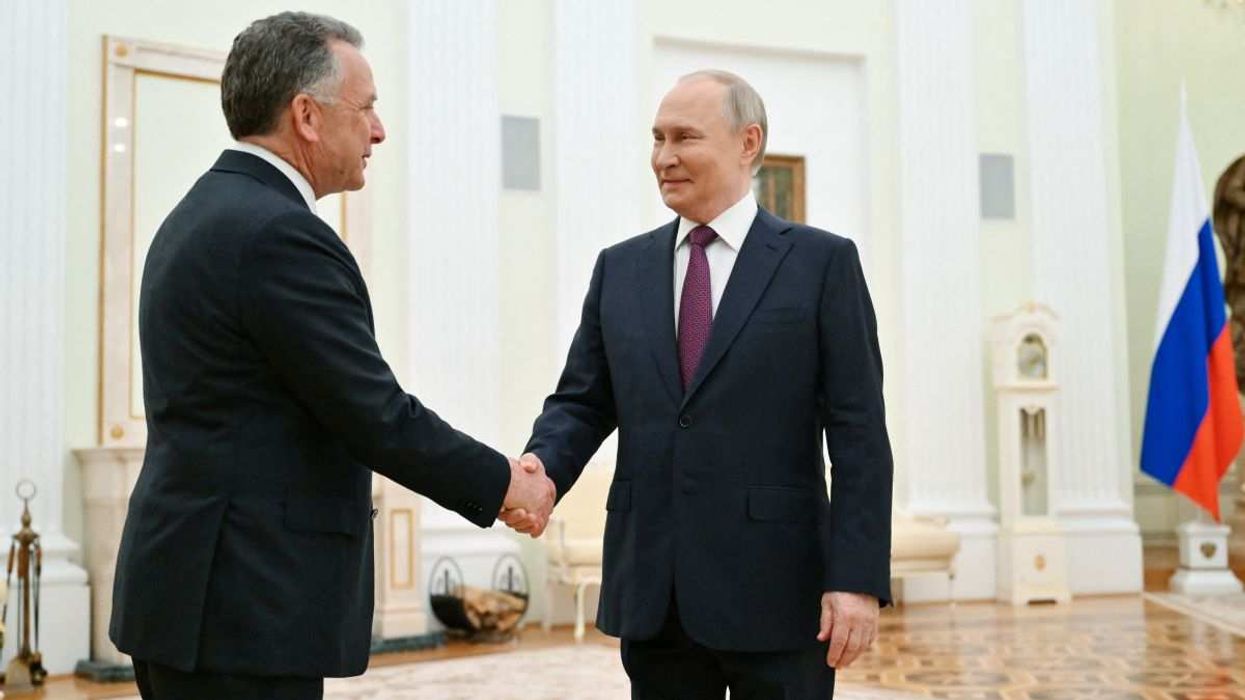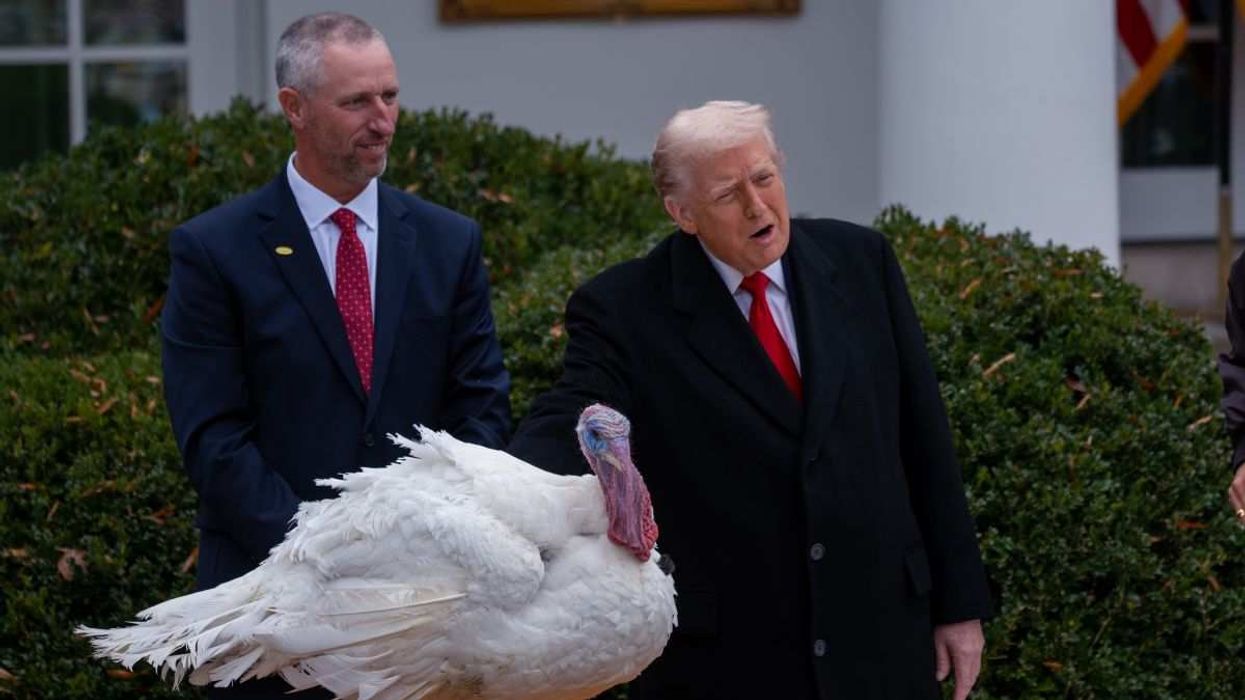30: Canada has suspended 30 permits for arms sales to Israel in recent months, according to Foreign Affairs Minister Mélanie Joly. In addition, Ottawa will block a contract with Washington that permits the US to send Quebec-made ammunition to the Israel Defense Forces. Polls over the summer showed that about half of Canadians considered Israel’s actions in Gaza to be “genocide.”
969: Alberta’s 969 wild horses are at the center of a bitter dispute. The spat is between provincial authorities champing at the bit to cull the herd because of concerns that its grazing habits have contributed to ecological decline and local activists who say those charges are bunk and are fighting to protect the horses.
2: For the first time in two years, the people of Missouri will have the opportunity to restore legal abortion. The state’s Supreme Court ruled on Tuesday that an abortion rights amendment to the Missouri constitution will appear on the general election ballot this November. The measure proposes to allow abortion until fetal viability, around 24 weeks. After the US Supreme Court overturned Roe v. Wade in 2022, Missouri imposed a near-total ban on abortions. The state is now one of nine that will feature ballot measures on abortion this fall.
100 trillion: Some say data is, others say data are, but whatever verb you use, the data say(s) Americans used 100 trillion megabytes of it via cellular devices in 2023, a 36% increase over 2022. That’s the largest one-year jump in history, and it was driven in part by the rapid growth of data-hungry devices like drones, self-driving vehicles, space missions, and precision agriculture equipment.



















